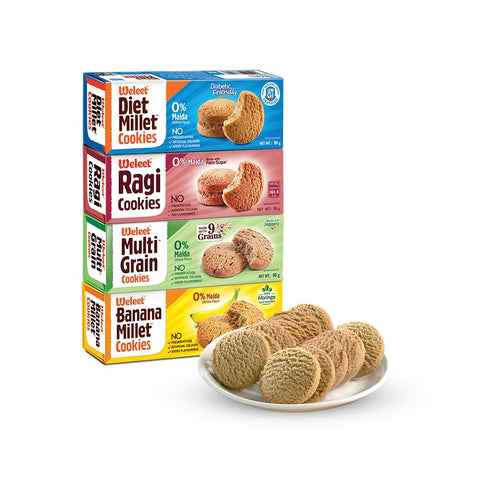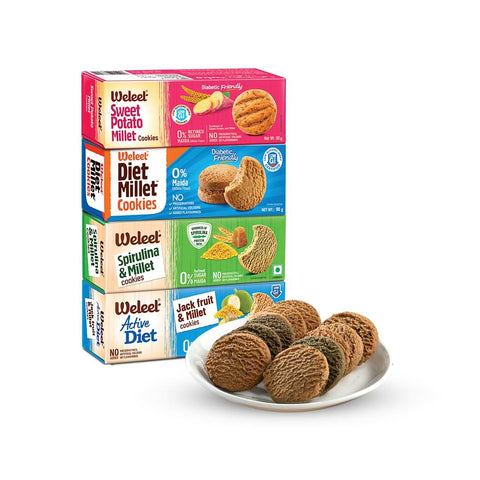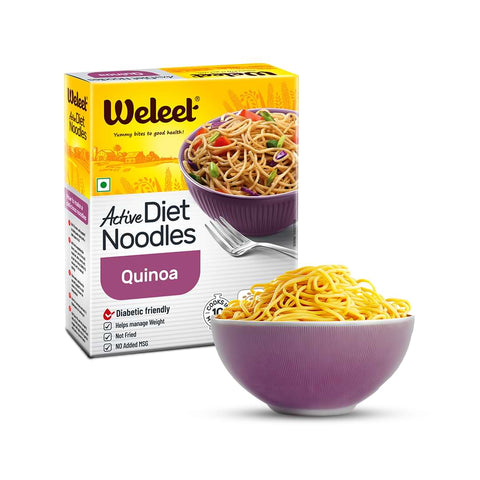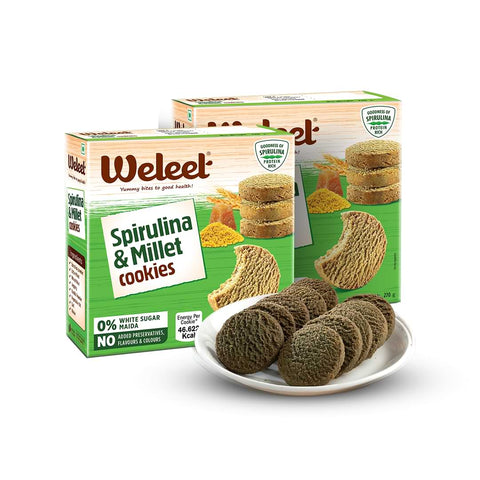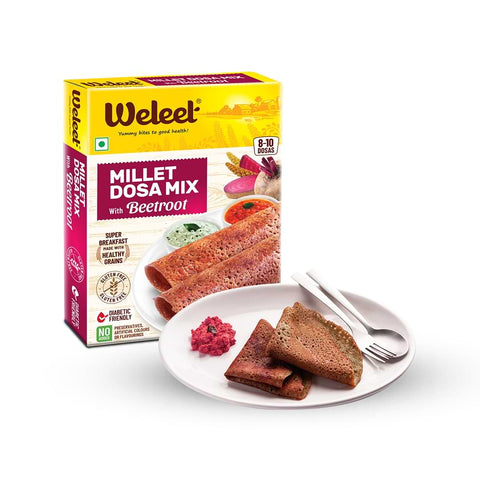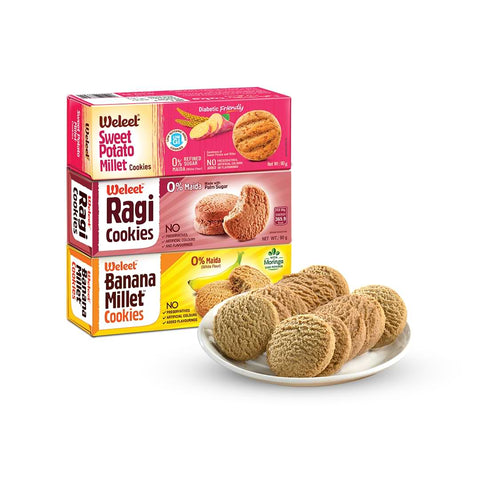The grocery store can be a maze of choices, with aisles lined with tempting treats and countless options vying for your attention. But amidst the abundance of products, there are ample opportunities to make healthier choices that support your well-being. By adopting a mindful approach to grocery shopping and focusing on nutritious options, you can nourish your body and cultivate healthier eating habits. In this comprehensive guide, we'll explore a variety of strategies and tips to help you navigate the grocery store with confidence and make choices that promote a balanced and nutritious diet.
Smart Healthy Grocery Shopping
- Start with a Plan
Before setting foot in the grocery store, take some time to plan your meals for the week ahead. Create a shopping list based on your meal plan and any staple items you need to replenish. Planning ahead not only saves time but also helps you stay focused and avoid impulse purchases of unhealthy snacks and convenience foods.
- Shop the Perimeter
One of the simplest strategies for making healthier choices at the grocery store is to focus on shopping the perimeter. This is where you'll typically find fresh produce, lean proteins, dairy products, and whole grains. By prioritizing whole, unprocessed foods found along the perimeter, you can fill your cart with nutrient-dense options that form the foundation of a healthy diet.
- Fill Your Cart with Colour
Aim to incorporate a variety of colours into your shopping cart by choosing a diverse selection of fruits and vegetables. Brightly coloured produce such as leafy greens, bell peppers, berries, and citrus fruits are rich in vitamins, minerals, and antioxidants that promote overall health and well-being. Experiment with different varieties to keep your meals vibrant and flavourful.
- Read Labels Carefully
When selecting packaged foods, take the time to read the nutrition labels and ingredient lists carefully. Look for products that are low in added sugars, sodium, and unhealthy fats, and high in fiber, vitamins, and minerals. Pay attention to portion sizes and serving sizes to ensure you're making informed choices about the foods you consume.
- Choose Whole Grains
Opt for whole grains such as brown rice, quinoa, oats, and whole wheat bread over refined grains like white rice and white bread. Whole grains are higher in fiber and nutrients, which can help support digestion, stabilize blood sugar levels, and promote overall health. Look for products with "whole grain" or "whole wheat" listed as the first ingredient.
- Stock Up on Healthy Proteins
Incorporate a variety of lean proteins into your grocery cart, such as skinless poultry, fish, tofu, beans, lentils, and eggs. Protein is essential for building and repairing tissues, supporting muscle growth, and keeping you feeling full and satisfied between meals. Choose lean cuts of meat and poultry, and opt for plant-based protein sources to add variety to your diet.
- Limit Processed and Packaged Foods
Minimize your intake of processed and packaged foods, which are often high in refined sugars, unhealthy fats, and artificial additives. These products can contribute to weight gain, inflammation, and chronic disease when consumed in excess. Instead, focus on whole, minimally processed foods that nourish your body and support optimal health.
- Be Mindful of Portions
Pay attention to portion sizes when selecting foods and beverages, especially those that are calorie-dense or high in added sugars and fats. Use measuring cups, spoons, and kitchen scales to portion out serving sizes, and avoid mindlessly consuming oversized portions that can lead to overeating and weight gain.
- Don't Shop Hungry
Avoid grocery shopping on an empty stomach, as hunger can cloud your judgment and lead to impulse purchases of unhealthy foods. Eat a balanced meal or snack before heading to the store to help curb cravings and make more rational choices about what to buy.
- Stock Up on Healthy Snacks
Fill your pantry and refrigerator with nutritious snack options that are convenient and satisfying. Choose snacks that are rich in protein, fiber, and healthy fats to help keep you feeling full and energized between meals. Some healthy snack ideas include fresh fruit, raw nuts and seeds, Greek yogurt, hummus and vegetables, and whole grain crackers.
- Stay Hydrated
Don't forget to hydrate while shopping by bringing along a reusable water bottle and sipping on water throughout your trip. Staying hydrated is essential for overall health and can help prevent dehydration, fatigue, and cravings for sugary beverages.
- Shop Seasonally and Locally
Take advantage of seasonal produce by shopping at farmers' markets and local farms when possible. Seasonal fruits and vegetables are often fresher, more flavourful, and more affordable than their out-of-season counterparts. Plus, buying locally supports the local economy and reduces the environmental impact of transporting food long distances.
By incorporating these tips into your grocery shopping routine, you can make healthier choices that support your overall health and well-being. Whether you're stocking up on fresh produce, selecting lean proteins, or reading labels carefully, small changes can add up to significant improvements in your diet and lifestyle. With a mindful approach and a commitment to nourishing your body with wholesome foods, you can navigate the grocery store with confidence and enjoy the benefits of a balanced and nutritious diet.




